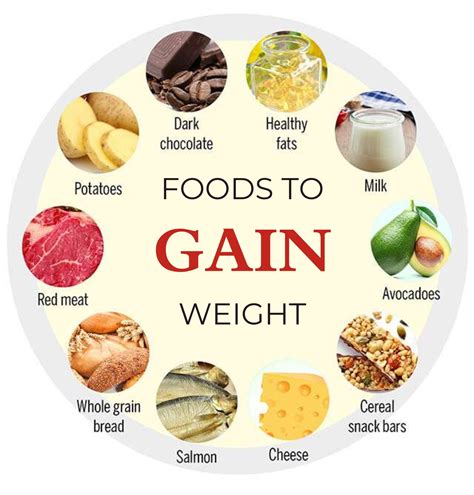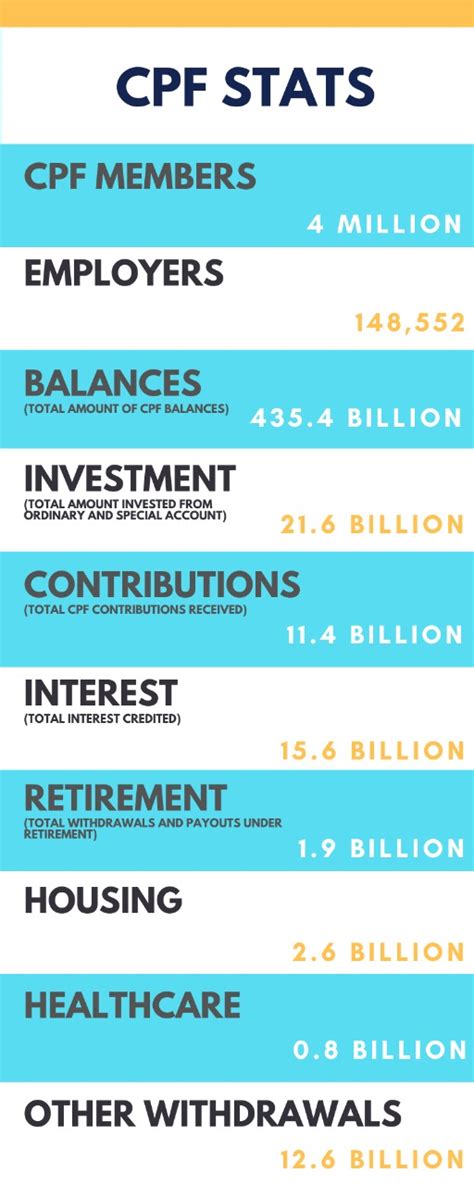Understanding Calf Cramps: A Common and Painful Problem
Calf cramps, also known as nocturnal leg cramps, are sudden, involuntary contractions of the muscles in the calf. They typically occur at night, causing intense pain that can last for a few seconds to several minutes. While common, calf cramps can significantly disrupt sleep and diminish overall well-being. Understanding the various causes of these painful episodes is crucial for finding effective relief.

11 Common Causes of Calf Cramps at Night
- Dehydration: When the body lacks sufficient fluids, it can lead to electrolyte imbalances that trigger muscle spasms, including calf cramps.
- Muscle Fatigue: Overexertion or prolonged standing can strain calf muscles, making them more susceptible to cramping.
- Nerve Compression: Pressure from a nearby nerve, such as in cases of spinal stenosis, can irritate the nerves controlling the calf muscles, causing cramps.
- Medications: Certain medications, such as diuretics and statins, can have side effects that include calf cramps.
- Medical Conditions: Underlying health conditions like diabetes, kidney disease, and hypothyroidism can increase the risk of calf cramps.
- Pregnancy: Hormonal changes and increased weight during pregnancy can put pressure on nerves and muscles, leading to calf cramps.
- Flat Feet: Abnormal foot biomechanics, such as flat feet, can alter the alignment of the bones and muscles in the lower leg, increasing the likelihood of cramps.
- Poor Circulation: Reduced blood flow to the legs and feet can contribute to calf cramps by limiting oxygen and nutrient supply to the muscles.
- Electrolyte Imbalances: A deficiency in electrolytes like sodium, potassium, and calcium can disrupt muscle function, leading to cramps.
- Lack of Magnesium: Magnesium is an essential mineral for muscle relaxation. Inadequate magnesium intake can increase the risk of calf cramps.
- Cold Temperatures: Exposure to cold temperatures can cause muscles to tense up and cramp, particularly in the legs.
Why Do Calf Cramps Matter?
Calf cramps are not only painful but can also:
- Disrupt Sleep: Frequent night-time cramps can interfere with restful sleep, leading to fatigue and impaired daytime performance.
- Impair Mobility: Severe cramps can make walking or standing difficult, affecting daily activities and quality of life.
- Increase Risk of Falls: Calf cramps in older adults can increase the risk of falls, resulting in serious injuries.
How to Stop Calf Cramps at Night: Effective Tips and Tricks
- Hydrate Well: Drink plenty of fluids throughout the day, especially before bedtime.
- Stretch Regularly: Engage in regular calf stretches before bed and after waking up to improve muscle flexibility and prevent cramping.
- Avoid Triggers: Identify and limit activities or medications that trigger cramps.
- Use Heat Therapy: Apply a heating pad or warm bath to the affected area to relax muscles and reduce pain.
- Get a Massage: A gentle calf massage can promote blood flow and reduce muscle tension.
- Elevate Your Legs: Raise your legs slightly above heart level while lying down to improve circulation and reduce cramping.
- Try Magnesium Supplements: A magnesium supplement can help replenish magnesium levels and minimize cramps.
- Consult a Doctor: Seek professional medical advice if calf cramps are persistent or severe, as they may indicate an underlying medical condition.
Benefits of Addressing Calf Cramps
- Improved Sleep Quality: Reducing calf cramps can promote restful sleep, leading to improved overall well-being and cognitive function.
- Enhanced Mobility: Eliminating calf pain and stiffness allows for increased activity levels and a more active lifestyle.
- Reduced Risk of Falls: Addressing calf cramps helps prevent sudden muscle spasms that can cause falls, especially in older adults.
Conclusion
Calf cramps are a common and potentially disruptive condition. By understanding the various causes and employing effective remedies, individuals can effectively manage these painful episodes. Incorporating simple lifestyle changes, such as staying hydrated, stretching regularly, and addressing underlying medical conditions, can significantly reduce the frequency and intensity of calf cramps, leading to improved sleep, enhanced mobility, and overall well-being.
Keywords
- Calf cramps
- Night cramps
- Muscle spasms
- Dehydration
- Muscle fatigue
- Nerve compression
- Medications
- Medical conditions
- Pregnancy
- Flat feet
- Poor circulation
- Electrolyte imbalances
- Magnesium deficiency
- Cold temperatures
- Hydration
- Stretching
- Heat therapy
- Massage
- Leg elevation
- Magnesium supplements
- Medical consultation
- Sleep quality
- Mobility
- Risk of falls
Tables
| Cause | Contributing Factors | Prevalence |
|---|---|---|
| Dehydration | Insufficient fluid intake | 13% of adults |
| Muscle fatigue | Overexertion, prolonged standing | 10% of adults |
| Nerve compression | Spinal stenosis, herniated discs | 5% of adults |
| Medications | Diuretics, statins | 2% of adults |
| Tip | Benefits |
|---|---|
| Hydrate well | Prevents electrolyte imbalances |
| Stretch regularly | Improves flexibility, reduces pain |
| Use heat therapy | Relaxes muscles, reduces spasms |
| Get a massage | Promotes circulation, reduces tension |
| Supplement | Dosage | Benefits |
|---|---|---|
| Magnesium | 200-400 mg/day | Relaxes muscles, reduces cramps |
| Calcium | 1,000-1,200 mg/day | Strengthens bones, prevents electrolyte imbalances |
| Potassium | 4,700 mg/day | Regulates heartbeat, muscle function |
| Cons | Pros |
|---|---|
| OTC medications may have side effects | Effective pain relief |
| Physical therapy can be time-consuming | Long-term relief from cramping |
| Surgery is invasive | Last resort for severe cases |












